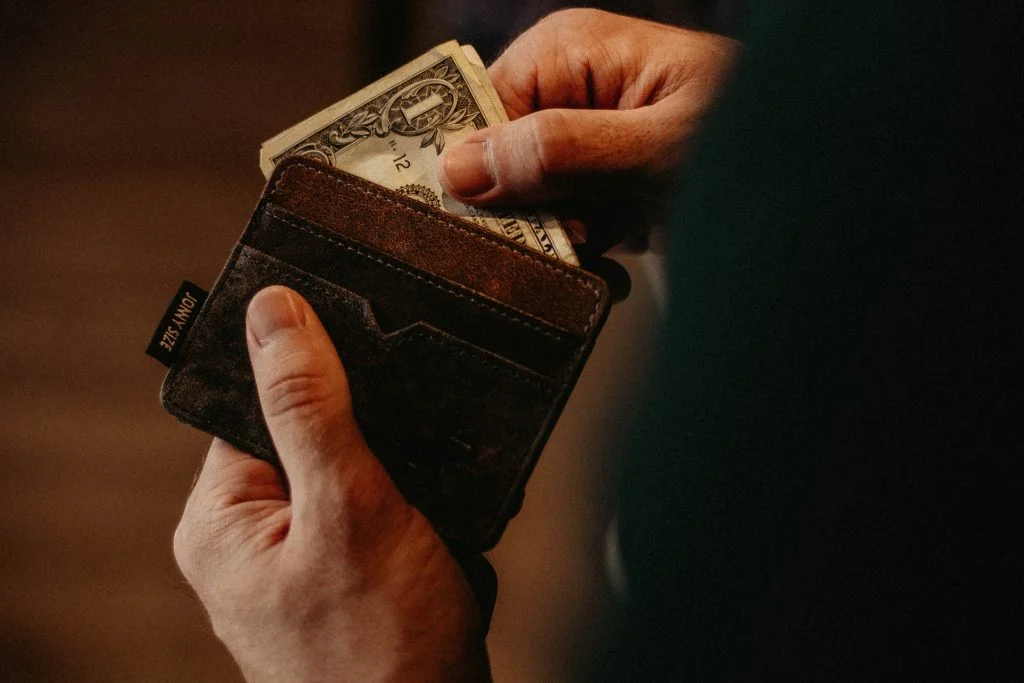In the ever-complex landscape of legal and financial disputes, one question that often comes up time and time again is, ‘What Personal Assets are Protected in a Lawsuit?’
This question is relevant to people dealing with a variety of situations, be it business disagreements, estate distributions, divorce complexities, or child support issues.
Before diving into the depths of asset investigation, let’s first lay the groundwork by understanding which assets are safeguarded in legal disputes.
What Personal Assets are Protected in Lawsuits?
When we talk about assets, we’re not just referring to the tangible wealth we can see and touch. Assets span a spectrum—from the real estate properties a person owns to the secret offshore accounts no one is aware of.
Let’s shed light on some common assets that generally stand shielded in the face of legal challenges:
- Primary Residences: Many states in the U.S. offer homestead exemptions, protecting your primary residence from creditors or claimants.
- Retirement Accounts: Assets in retirement accounts, such as 401(k)s and IRAs, are often shielded to some extent.
- Life Insurance: The cash value of life insurance policies might be protected, depending on your state’s laws.
- Personal Property: Up to a certain value, personal items like clothing and jewelery may be exempted.
- Trust Assets: Properly structured irrevocable trusts can offer significant protection against lawsuits.
Besides these assets, if you are concerned that your business partner or spouse is hiding assets then a private investigator can help you uncover hidden assets.
Why Do Asset Investigations Matter?
Asset investigations are pivotal in maintaining the integrity of legal and financial systems. They ensure fairness, transparency, and adherence to the principles of justice.
As financial dynamics grow increasingly intricate and the temptation to obscure the truth rises, the importance of thorough asset investigations becomes paramount.
For instance, in a divorce:
- A spouse might transfer assets to a third party, like a friend or another family member, temporarily to avoid equitable distribution.
- Some individuals attempt to tilt the balance in their favor by undervaluing assets or overstating debts.
- Certain cases arise where income sources remain undisclosed, influencing alimony and child support calculations unfairly.
In the business realm:
- Corporate entities might engage in business fraud, manipulating financial reports to project a healthier financial standing or to mislead shareholders.
- Investment scams frequently revolve around hiding assets or misrepresenting their true worth to attract unsuspecting investors.
From the intimacy of personal relationships to the complexities of business partnerships, the tactics used to conceal or misrepresent assets underscore the paramount importance of asset investigations. A meticulous examination of one’s financial landscape ensures transparency, guards against deception, and promotes fair dealings in every venture.

Role of Private Investigator in Asset Investigation
The cat-and-mouse game of concealing and revealing assets is an age-old one. But as methods of hiding wealth become increasingly sophisticated, the tools and techniques to unearth them must evolve as well. This is where the expertise of a private investigation firm, like Privin, becomes pivotal.
Forensic Accounting
This isn’t just about tallying up numbers. Forensic accountants dive deep into complex financial records, looking for discrepancies and signs of concealed transactions. They possess the unique skill of reading between the lines of financial statements, spotting the red flags that even trained eyes might miss.
Digital Forensics
In the age of digital currencies and online transactions, understanding the digital footprint is crucial. Private investigators leverage advanced software to track down digital transactions, including cryptocurrency movements that could hint at hidden assets.
Public Record Analysis
By delving into public records, investigators can unearth undisclosed properties, affiliations, or business ventures. A seemingly innocuous property record could lead to a web of concealed assets.
On-Ground Surveillance
Sometimes, the old ways are the best. Surveillance can reveal a lifestyle that doesn’t align with declared assets or income, indicating potential hidden wealth. For instance, a subject claiming bankruptcy but spotted vacationing on a luxury yacht can be a telltale sign.
Global Networks
Assets aren’t always hidden domestically. Offshore accounts or overseas properties require a global network of investigators. Firms like Privin collaborate with international partners, ensuring no stone is left unturned, no matter the jurisdiction.
While lawyers are experts in interpreting the law, private investigators excel in navigating the shadowy alleys of concealed assets. It’s this combination of legal know-how and investigative acumen that ensures a comprehensive representation during asset-related lawsuits.
Real-world Scenarios: Personal Assets Investigations in Action
It’s easy to generalize asset hiding as a singular crime. But in reality, the nature and intricacy of asset concealment can vary significantly depending on the specific context.
Let’s examine a few scenarios where uncovering hidden assets plays a crucial role:
Divorce Settlements
Divorces can be emotionally taxing, and the division of assets often becomes contentious. There might be accusations of hidden properties, undisclosed accounts, or under-the-table business dealings. Private investigators sift through these claims, ensuring that the division of assets is fair and based on full disclosure.
Business Partnership Disputes
When business partnerships become sour, assets become a focal point of contention. One partner might claim the other is siphoning funds, or there might be disputes over the valuation of shared assets. A private investigator can delve into company records, track financial transactions, and validate the worth of assets, ensuring that resolutions are based on factual data.
Estate Contests
After the demise of a wealthy individual, heirs might dispute the division of the estate. Allegations could arise about undisclosed properties or bank accounts. Private investigations can help establish a comprehensive inventory of the deceased’s assets, ensuring that the estate division is fair and in line with intent of the deceased.
Insurance Claims
Sometimes, insurance claims can be inflated or based on false premises. Whether it’s a claim for property damage or injury, private investigators can validate the veracity of the claim, ensuring that insurance payouts are just and not based on fraudulent assertions.
In all these scenarios, the guiding principle remains consistent: truth and transparency. By unveiling the full financial picture and verifying claims, private investigations ensure that disputes are settled on an even playing field, rooted in facts and devoid of deceit.
Conclusion
The intricate world of asset protection, with its layered legalities and potential deception, becomes more navigable with the sharp expertise of private investigators. They illuminate the often obscure corners of financial dealings, ensuring that justice is rooted in a comprehensive understanding of the assets involved.
If you’re grappling with uncertainties about your assets or suspect discrepancies in financial matters, remember: knowledge is power. If you or your loved ones need help with asset investigation Privin is here to help. Discover the full spectrum of our asset investigation services here.
Frequently Asked Questions on Personal Asset Investigations
How do private investigators conduct these investigations?
Private investigators utilize a combination of public records searches, financial databases, surveillance, forensic accounting, and digital tools to trace and verify asset ownership.
Are asset investigations legal?
Yes, as long as they comply with federal and state privacy laws, such as the Gramm-Leach-Bliley Act and the Fair Credit Reporting Act.
Can asset investigations be conducted internationally?
Yes, experienced investigators can perform global asset searches, though the accessibility of information varies by country due to differing privacy laws and regulations.
How long does an asset investigation take?
The duration depends on the complexity of the case. Basic searches may take a few days, while comprehensive investigations can take several weeks.






